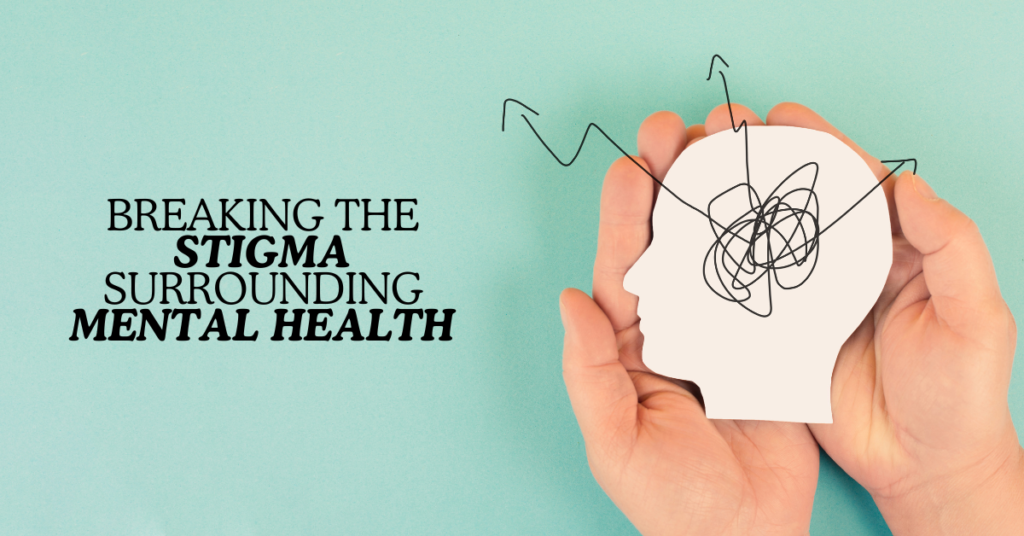
When Worry Becomes Your World: Seeking Professional Help for Anxiety pen_spark
Anxiety. It’s a common word, but for millions of people worldwide, it’s far more than just feeling stressed or worried. It’s a constant companion, a voice that whispers doubts and fuels fears that can paralyze daily life.
If you’re one of those people, battling the relentless tide of anxiety, know this: you’re not alone. And seeking professional help is not a sign of weakness; it’s a sign of strength. It’s a proactive step towards reclaiming control and living a life free from the shackles of anxiety.
Understanding Your Anxiety
Anxiety manifests in many ways. Some experience it as a constant undercurrent of worry, a gnawing feeling that something bad is around the corner. Others face physical symptoms like rapid heart rate, shortness of breath, or muscle tension. Panic attacks, characterized by overwhelming fear and a sense of impending doom, can be particularly debilitating.
The important thing is to recognize the signs and symptoms specific to you. This self-awareness is crucial when deciding if seeking professional help is the right course of action.
When to Seek Professional Support
Here are some indicators that your anxiety has become a cause for concern:
- Interference with Daily Life: Does your anxiety prevent you from going to work, attending social events, or pursuing hobbies you once enjoyed?
- Impact on Relationships: Is your anxiety straining your relationships with loved ones?
- Sleep Problems: Does anxiety keep you up at night or lead to restless sleep?
- Difficulty Concentrating: Does your anxiety cloud your mind, making it difficult to focus on tasks at hand?
- Physical Symptoms: Are you experiencing physical symptoms like headaches, stomachaches, or fatigue due to anxiety?
- Thoughts of Self-Harm: If you’re experiencing thoughts of self-harm or suicide, please reach out for immediate help. You can call the National Suicide Prevention Lifeline at 988 or visit their website at https://988lifeline.org/
If these signs resonate with you, don’t hesitate to seek professional help. A therapist or counselor can equip you with the tools and strategies to manage your anxiety and live a more fulfilling life.
Finding the Right Therapist
There are many different types of therapy available, each with its own approach to treating anxiety. Here are some tips for finding the right therapist for you:
- Consider your preferences: Do you prefer a therapist who takes a direct, solution-oriented approach, or one who focuses on exploring the root causes of your anxiety?
- Look for a therapist specializing in anxiety disorders: Many therapists specialize in treating anxiety, and their expertise can be invaluable.
- Insurance coverage: Check your insurance plan to see if they cover therapy sessions.
- Online resources: Websites like Psychology Today (https://www.psychologytoday.com/us) allow you to search for therapists in your area based on location, insurance, and area of specialization.
What to Expect in Therapy
Therapy is a collaborative process. Your therapist will work with you to understand your specific anxieties, develop coping mechanisms, and challenge negative thought patterns. Here are some common techniques used in anxiety treatment:
- Cognitive-behavioral therapy (CBT): CBT helps you identify and challenge unhelpful thought patterns that contribute to anxiety. By restructuring these thoughts, you can learn to manage your anxiety more effectively.
- Exposure therapy: This therapy gradually exposes you to situations that trigger your anxiety in a safe and controlled environment. Through repeated exposure, you learn to manage your anxiety response.
- Relaxation techniques: Techniques like deep breathing exercises, mindfulness meditation, and progressive muscle relaxation can help reduce anxiety symptoms in the moment.
- Medication: In some cases, medication may be recommended alongside therapy to manage anxiety symptoms.
The Benefits of Seeking Help
Therapy is not a quick fix, but it can be a life-changing experience. Here are some of the benefits you can expect:
- Reduced anxiety symptoms: Therapy can help you learn to manage your anxiety more effectively, leading to a significant reduction in symptoms.
- Improved quality of life: By managing your anxiety, you’ll be able to participate more fully in life’s activities and relationships.
- Increased self-esteem: As you learn to cope with anxiety, you’ll develop greater confidence in yourself and your abilities.
- Improved coping mechanisms: Therapy equips you with tools to handle stress and anxiety in a healthy way, better preparing you for life’s challenges.
Overcoming Challenges and Embracing the Journey
Therapy is a journey, not a destination. There will be setbacks and moments of doubt. Here are some tips for navigating these challenges and staying committed to your progress:



